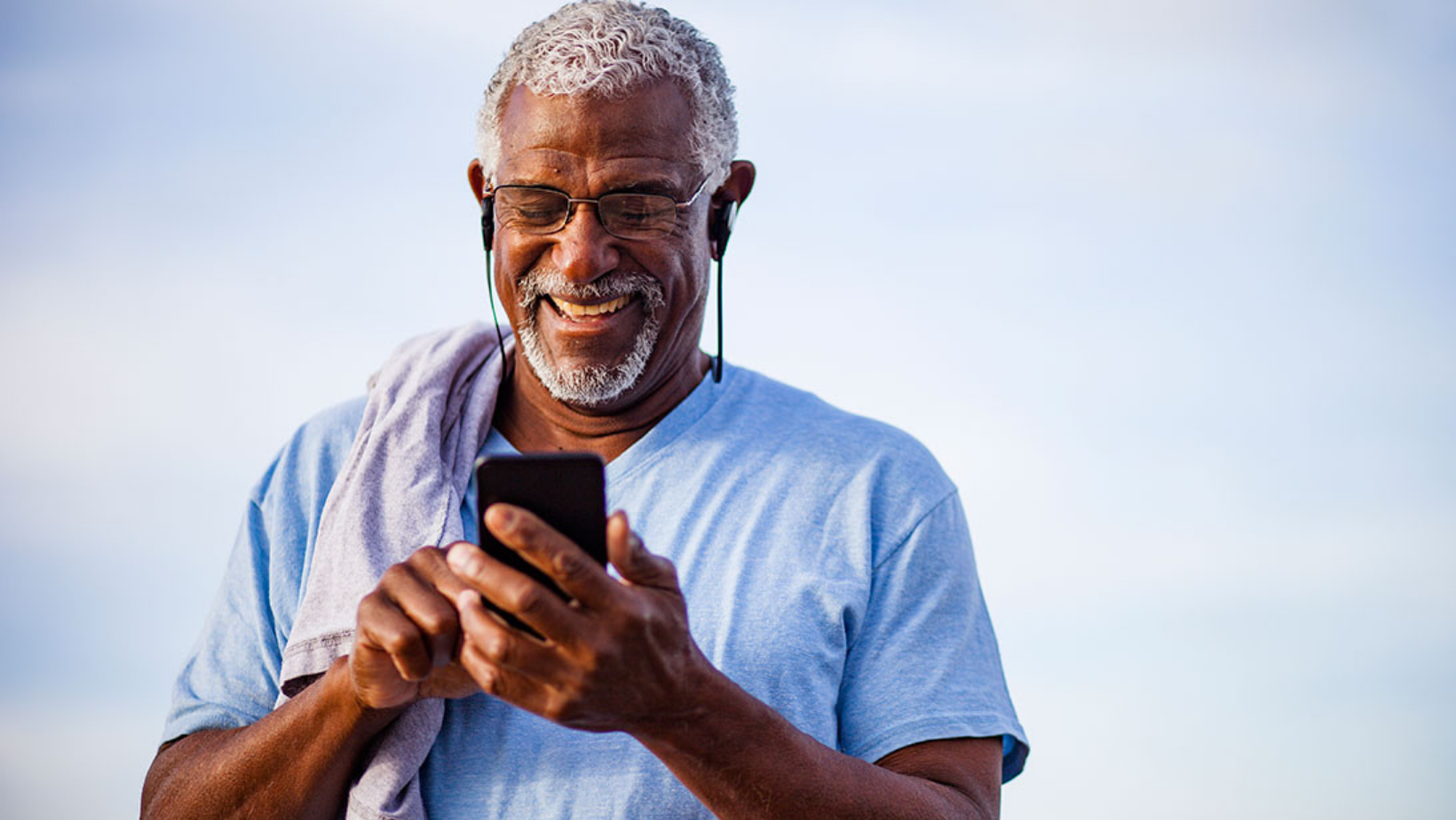The importance of physical fitness
Many people tend to slow down and become less active as they age. This can be due to issues with weight, pain - or maybe you’ve just never been one for exercise! However, it’s important to remember the benefits that physical fitness brings for you
DECEMBER 22, 2022
BY KINUMI TEAM

There are many types of exercise - from high intensity interval training (HIIT) to low impact pilates. Try one of them out and find the activity that suits your interests and goals the most. When you make working out a part of your regular routine, you’ll enjoy the excellent benefits that exercise brings.
The scientific consensus is that regular activity increases your longevity, and is an essential aspect of a fulfilling and healthy senior lifestyle. Here are 3 of the most significant benefits of consistent physical activity for seniors.
1. Exercise can make you more resilient against wounds, diseases and infections
Working out isn’t just good for keeping in shape. Staying fit will enhance your immune system and keep your heart healthy. This can increase your longevity and quality of life, by reducing the risk of developing chronic conditions including heart disease, many types of cancer, type 2 diabetes and dementia[1].
Physical activity has also been shown to provide many benefits to patients who are healing from wounds and infections. Exercise decreases the levels of cell-damaging free radicals and inflammation markers in the blood. Evidence indicates that when injuries are less inflamed, they are less painful and heal more efficiently[2].
Many people work out daily to combat chronic pain and relieve issues such as joint swelling caused by arthritis. By committing to a daily exercise schedule, you can keep your immune system healthy and strong, enabling you to be more resilient against wounds, infections and illnesses.
2. Regular activity can improve your daily life
Most older people want to prolong their independence for as long as possible. Exercising utilizes your muscles and joints which preserves your ability to perform daily tasks.
Falls can cause serious injury and even be fatal, so it’s also important that you do what you can to strengthen your balance. A 25 week regular stretching regime has been shown to reduce the risk of falls for older women with low bone density by 20%. When the program includes agility training, the risk is reduced by 48%. 25 weeks of strength training, including compound resistance exercises, can lower the risk of falls by 57%. With regular strength training, the risk of a fall over a 12-month period reduces drastically, from 80% to 55%[3].
The head researcher on the study, Teresa Liu-Ambrose, stated, “these exercise programs may have particular public health benefits as it has been shown that older women with low bone mass are at increased risk of falling as well as sustaining fall-related fractures.” These results make it clear that fitness is a very useful tool for maintaining a healthy and independent lifestyle in later life.
3. Physical activity can improve your mental health and wellbeing
It isn’t just good for your body: fitness has significant benefits for your brain too. A collation of 11 studies of exercise for people aged over 55 found that staying active improved brain function in a variety of ways. These benefits include motor function, cognitive speed and attention span[4]. Many researchers attest that by keeping mental function strong, the risk of Alzheimer’s disease and dementia decreases.
Exercise is also a great way to reap positive benefits for your mental wellbeing. When you work out, brain chemicals such as serotonin and dopamine are boosted. This increases self-esteem, decreases stress, and relieves symptoms of depression and anxiety[5]. Plus, as your physical health gradually improves, you’ll enjoy the sense of accomplishment that comes with meeting your goals.
You can increase these benefits by exercising outdoors. Working out in nature, surrounded by trees, is relaxing and stress-relieving for many people. Vitamin D, absorbed from the sun, is shown to fight against conditions like depression and seasonal affective disorder[6]. Getting some fresh air and soaking up the sunshine is a sure way to feel refreshed and energized.
Keep active for an independent and healthy senior lifestyle
The difference between participating in physical activity and not can add years of healthy and independent living to your life. You don’t need to be pumping iron in the gym every single day, either. Individuals who walk three or more times per week were found to have a 35% lowered chance of developing dementia than those who don’t[7].
It’s often easier to stay motivated if you can enjoy exercising with others, and it’s no secret that the key to fitness is consistency. Find a form of physical activity you enjoy and can easily work into your life. Simple yard work, or making an effort to walk or bike from A to B instead of driving, or a fun group exercise class can make a remarkable difference to your health as you age.
© 2022 Kinumi, Inc.
All rights reserved
All rights reserved
